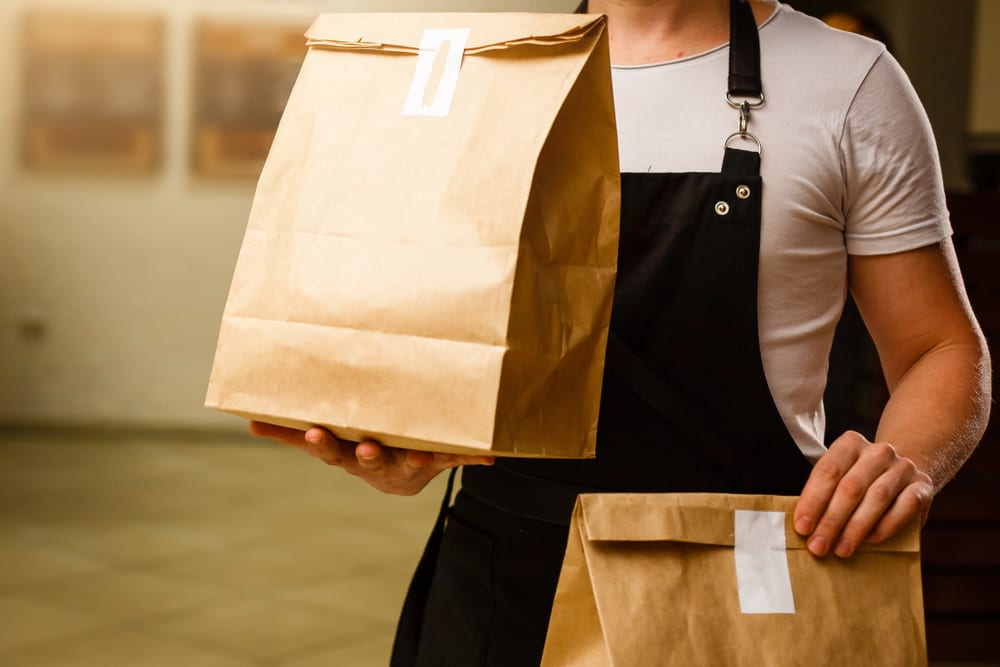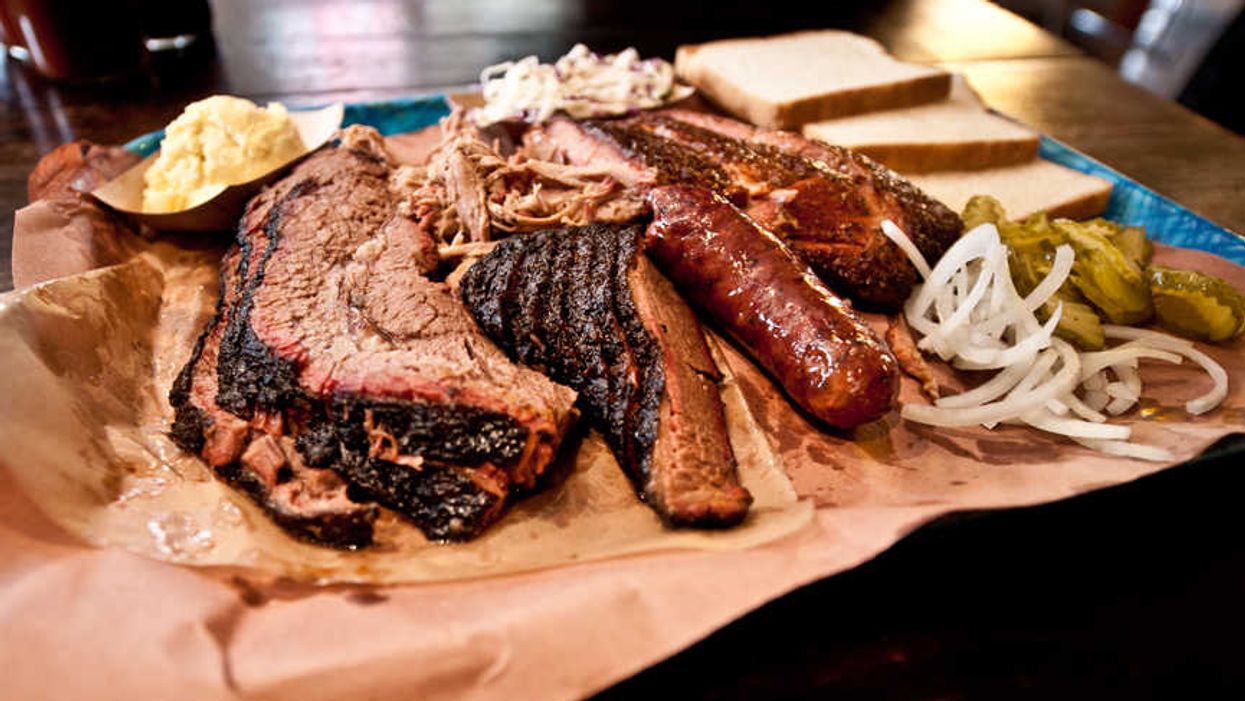14 Sep, 2021
How to Start a Small Barbecue Business
as everyone told you that you make the best barbecue? If you’ve been tempted to start your own small business selling your famous barbecued ribs, be sure to plan thoroughly so the business doesn’t go up in smoke. A good business plan, careful spending and a marketing strategy that keeps you in the public eye will line you up for success.
Choose a Service Delivery Method
Barbecue, by its very nature, gives you a lot of options for offering your food to the public. You can open a traditional storefront restaurant, but you are not limited to serving in a fixed establishment. Many barbecue businesses operate using these additional venues:
- In an open space or vacant lot using a portable smoker or grill
- At fairs or sporting events out of a food truck
- At wine or beer festivals with a full-sized trailer
- At someone else’s site catering for private parties or corporate functions.
Your equipment needs and operating plan will differ depending on how you choose to serve your food, but for any service method, you should think through all your costs, including equipment needs, licensing fees and staffing. Develop a full business plan in advance to keep yourself on track as you open your business.

Write a Business Plan
Clearly define your business model and know exactly what your method of service entails, both in terms of what it will cost you and legally. The scale of your operation will naturally determine the initial expense of starting up. For example, if you are planning to operate a drive-thru service on the weekends out of a vacant lot in your area, you might get by with a single portable smoker and simple packaging. If you hope to serve a larger array of barbecue and sides at regional festivals, a larger food truck will be necessary to accommodate more volume.
Your business plan should include as much detail as possible. Areas to address are:
- Menu items, including entrees and any sides
- A budget, including equipment prices, food ingredients and supplies
- Available financing or options for acquiring startup funds
- Location options and associated rental or permit costs
- Operating licenses and food-service regulations and fees
- Staffing needs
- Marketing strategy
Shop For Equipment and Suppliers
You’ll also need to price out all the equipment necessary to cook and serve your barbecue. Smokers, grills, refrigeration, storage, serving utensils and paper products should all be included in your projections. You may be able to find some used equipment to get started or start with smaller units until you establish your business.
If you will be doing catering, you might be able to prepare food at home or perhaps rent space at a nearby food incubator. In either case, you will need to invest in extra serving equipment to transport and keep food warm. If the festival circuit is in your plans, a food truck or larger trailer will entail a much bigger investment. Don’t forget to shop around for a meat supplier who can provide high-quality meat at a good price.

Obtain Licenses and Certifications
In order to operate as a food business you will need to get an Employer Identification Number from the IRS and register with your state as well. Some states do not allow food products to be sold if they are made in a residential kitchen, so check with the regulations in your area. Also, check with your state and local governments concerning food-licensing and serving requirements.
Most food operators need to have some kind of food-handling safety training and certification. Business insurance is also a must-have to protect yourself financially.
Hire Customer-Oriented Employees
No matter which operating model you choose, you probably can’t do it all alone. You’ll need to hire extra help, probably both to work the grills and take orders. Be sure that your employees are customer-focused and can provide excellent customer service as a great deal of a food business’s success depends on the customer’s overall experience, not just the taste of the food.
Advertise Your Grand Opening
If you are opening your business in a fixed location, advertise your grand opening on social media, in local papers and with a storefront banner. Offer specials that feature some of your best items or give out free samples to get people hooked on your great dishes. Hand out discount coupons for return visits or flyers that advertise your catering or takeout services.
If you are planning on operating out of a food truck at festivals, plan months ahead to get on the schedule as a participating food vendor. Check out local craft fairs, summer carnivals, beer festivals and car shows as possible opportunities to market your great ribs. Use your community connections and word of mouth to spread awareness of your business.
